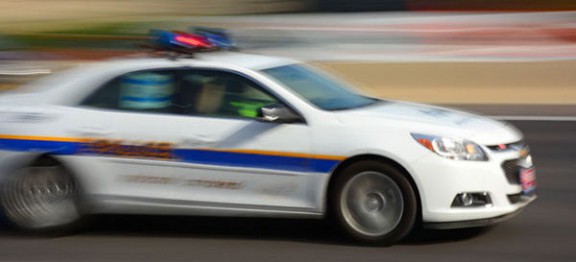
Rose Carter, Esq.
Police immunity from injuries incurred by innocent bystanders is not automatic as the public agency entity must comply with §17004.7(b)(1) of the Vehicle Code, which states the entity must adopt and promulgate a written policy regarding pursuits and provide regular and periodic training to its officers on those policies. This is also supported by the recent decision in Morgan v. Beaumont Police Department (2016) 246 Cal.App.4th 144.
In Morgan, the appellate court reversed a summary judgment motion in favor of a City and its police department arising from a police vehicle pursuit of a fleeing suspect. In its motion before the trial court, the defendant police department relied on Vehicle Code §17004.7(b)(1) that states, in pertinent part, “a public agency employing peace officers that adopts and promulgates a written policy on, and provides regular and periodic training…for, vehicular pursuits complying with subdivisions (c) and (d) is immune from liability for civil damages for personal injury to or death of any person or damage to property resulting from the collision of a vehicle being operated by… suspected violator of the law who is being…pursued in a motor vehicle by a peace officer employed by the public entity.” [emphasis added]
The Morgan court concluded that the promulgation language of §17004.7(b)(2) is unambiguous in its requirement that all peace officers of the public agency certify in writing that they have received, read and understand the agency’s vehicle pursuit policy. It also concluded the certification required must be to the policy that is in effect at the time of collision of the vehicle operated by the suspect being pursued by the police officer. In its ruling, the court found the trial court erred in granting summary judgment because defendants failed to offer sufficient evidence to show that as a matter of law the department promulgated its vehicle pursuit policy as required under its vehicle pursuit policy – that each officer had certified it had received, read, and understood the policy instead of using e-mail to merely acknowledge receipt of the policy.
Thus, defense attorneys and insurers should consider bringing in a police entity where the incident involves a vehicular pursuit leading to serious injuries. Through discovery, attorneys can ferret out whether the police entity complied with all the requirements of §17004.7(b)(1). Attorneys should not automatically assume the entity has immunity as its client may lose a valuable defendant.
A case in point is an opposition to a motion for summary judgment our firm prepared and filed in response to the City of Fresno, in Marez v. Anchor Academy Charter School, et al. (Case No. 14CECG01634). We represented defendant Anchor Academy Charter School and brought in the City of Fresno’s police department by a cross-complaint. Plaintiffs did not sue the City of Fresno. The City filed a motion for summary judgment relying on the immunity provision of §17004.7(b)(1). Our office opposed the City’s motion on the basis that the officers had not been provided with regular and periodic training on an annual basis on the City’s vehicle pursuit policy. The court agreed and the City’s motion for summary judgment was denied. The Morgan opinion was decided after the Marez case and provides further support and authority for the Fresno court’s decision.
Read the full opinion here.
